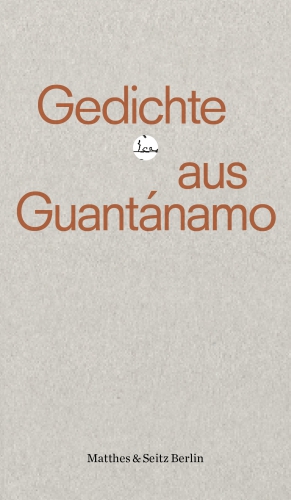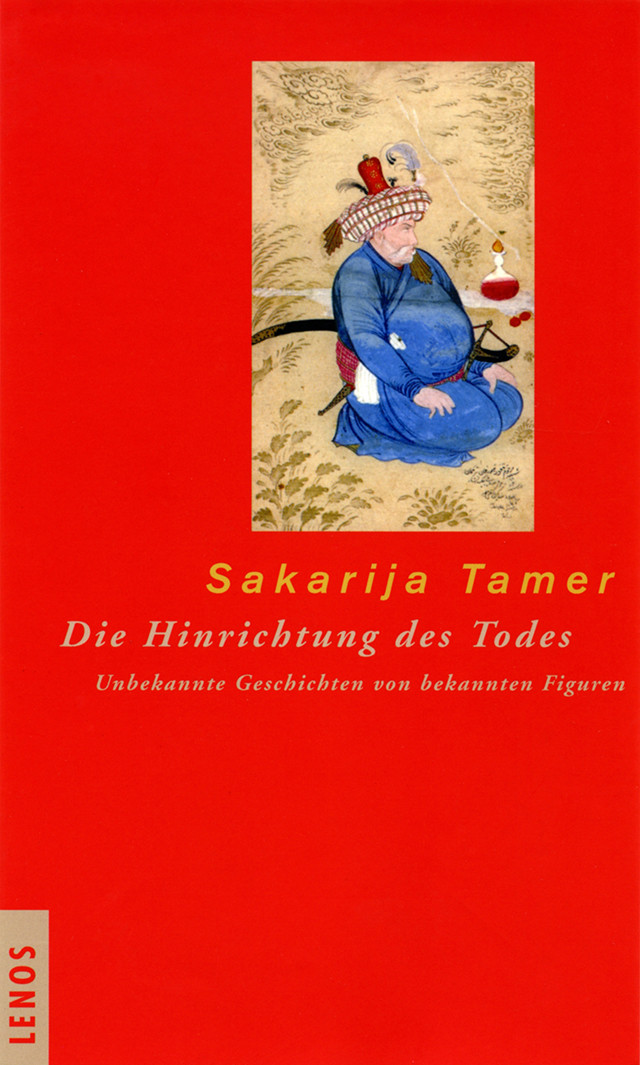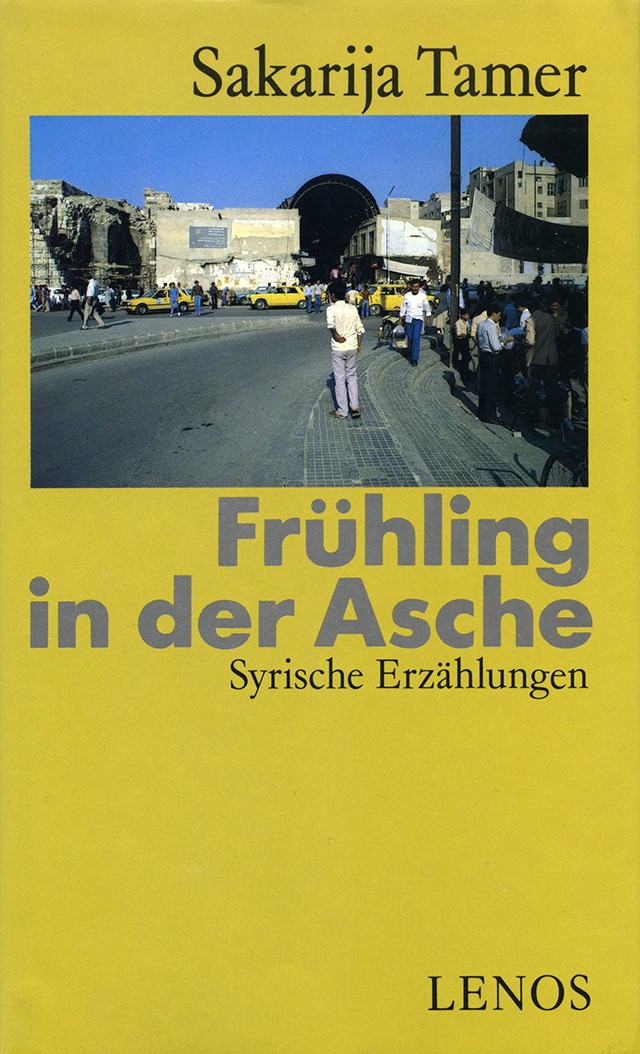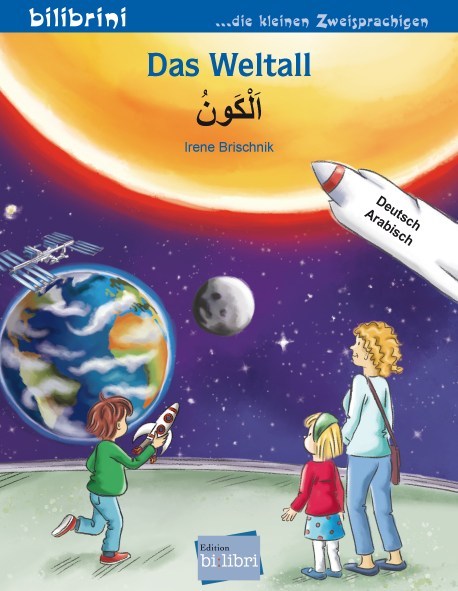الوصف
Guantánamo Bay from the perspective of the prisoners: Twenty-two poems document the torture in the notorious camp and the longings and humanity of their authors
At least 780 Muslim men were imprisoned in the US extraterritorial prison camp at Guantanamo: farmers and traders, doctors and aid workers, refugees and travelers, Taliban and al-Qaeda members. They were tortured for years without access to due process. Guantánamo was not about justice or intelligence information, but about an image politics of the power and domination of the United States. What is less known, however, is how the prisoners resisted and tried to survive: they taught each other languages and customs, went on hunger strikes and elected representatives, they painted in the sand or sang together. And they wrote poems. These smallest units of creative resistance remain under lock and key to this day, as if poetry were something that could bring down even the most powerful state. Only this selection of twenty-two poems is known, which, after being translated into English, is now available in German for the first time. Sebastian Köthe’s afterword explores their origins, transmission and historical location in a long tradition of poetic resistance, which invites us to read these texts simultaneously as contemporary documents and as evidence of the humanity of their authors.





